The Proms 2015: Why this year's programme seems a bit 'meh'
The beloved festival of classical music runs courtesy of the BBC from 17 July to 12 September
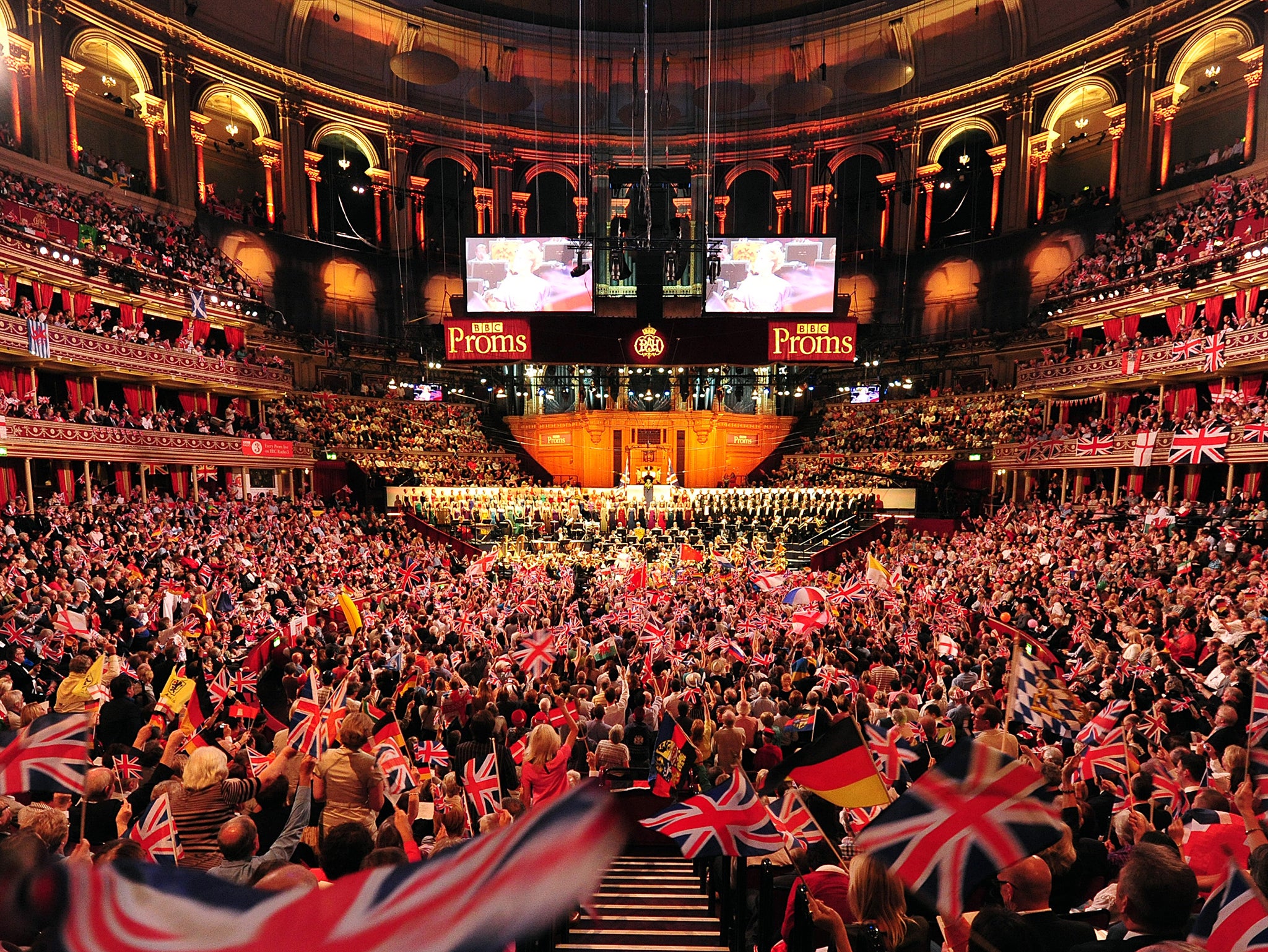
Your support helps us to tell the story
From reproductive rights to climate change to Big Tech, The Independent is on the ground when the story is developing. Whether it's investigating the financials of Elon Musk's pro-Trump PAC or producing our latest documentary, 'The A Word', which shines a light on the American women fighting for reproductive rights, we know how important it is to parse out the facts from the messaging.
At such a critical moment in US history, we need reporters on the ground. Your donation allows us to keep sending journalists to speak to both sides of the story.
The Independent is trusted by Americans across the entire political spectrum. And unlike many other quality news outlets, we choose not to lock Americans out of our reporting and analysis with paywalls. We believe quality journalism should be available to everyone, paid for by those who can afford it.
Your support makes all the difference.Summertime in London and the Proms are here again. Soon the promenaders will grace the steps outside the Royal Albert Hall, queuing for hours to stand at the feet of some of the world’s greatest musicians during this huge, beloved festival of classical music, which runs, courtesy of the BBC, from 17 July to 12 September. But this year is different... Or is it? There is a problem with the 2015 Proms. It isn’t different enough.
I know this is going to sound churlish. After all, every music-lover likes to play “fantasy Proms” and has a different view on what should be included. We are lucky to have this summer treat at all. And it isn’t as if there are no wonderful concerts. The line-up includes appearances by stars such as the tenor Jonas Kaufmann, the cellist Yo-Yo Ma, the conductor Sir Simon Rattle, and the violinist Nicola Benedetti. Why, then, does the programme seem just that little bit “meh”?
Partly it’s a matter of odious comparison. The Proms of 2012 and 2013 brought us events of enormous ambition. For the bicentenary of Richard Wagner two years ago, they put on seven complete Wagner operas, with casts and conductors that you’d have to pay several limbs to hear at Covent Garden or Bayreuth; promenaders could experience them for £5 a pop. In 2012 the London Olympics raised the profile of its associated cultural events, including the Proms, which featured a complete Beethoven symphony cycle matched with the dazzling contemporary music of Pierre Boulez, performed by Daniel Barenboim and his West-Eastern Divan Orchestra. Last year a Richard Strauss anniversary sparked splendiferous performances of his operas Salome and Elektra.
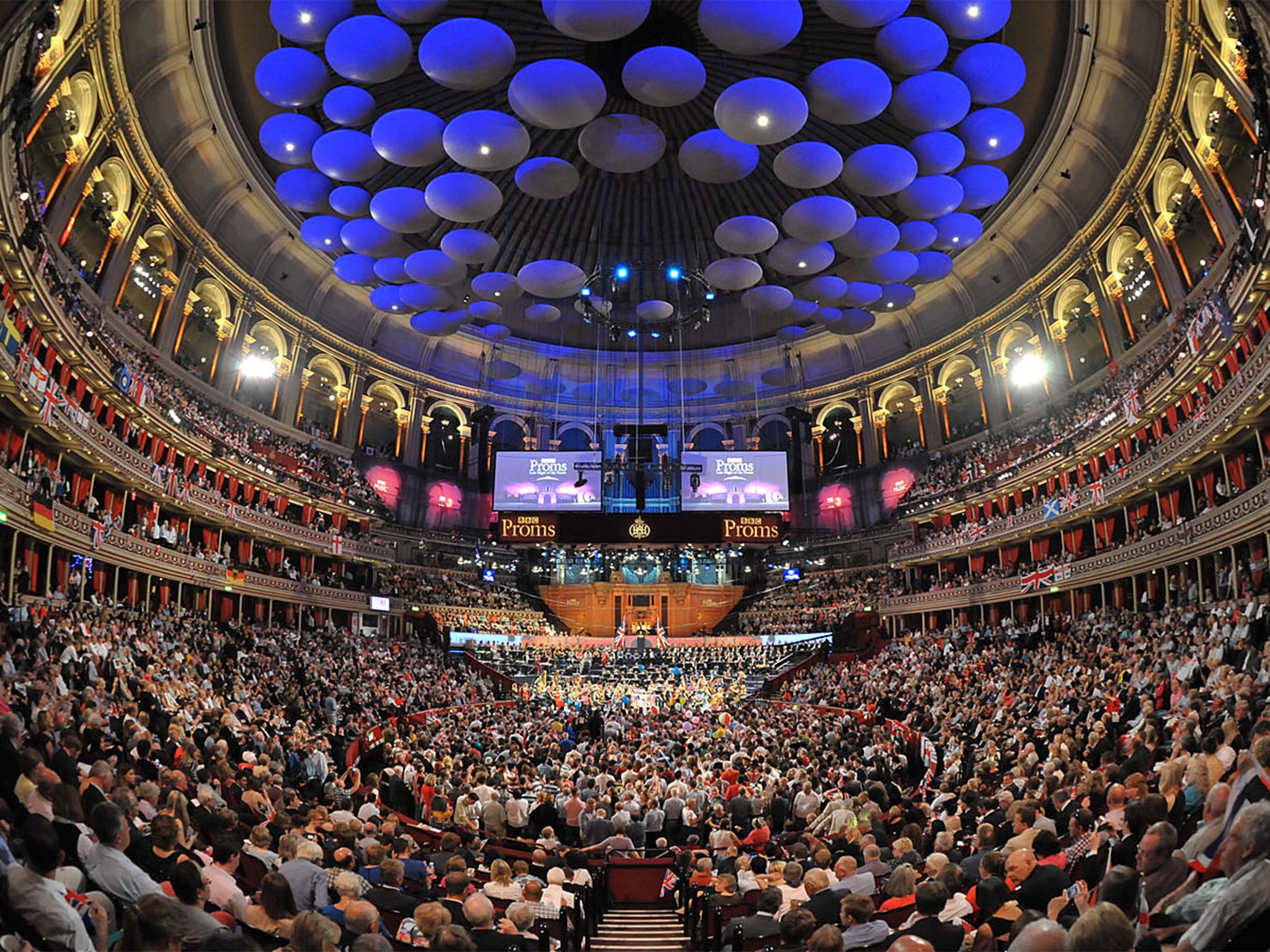
But the 2015 offerings must contend with greater problems than being overshadowed. The acting director of the Proms, Edward Blakeman, is essentially holding the fort, following the departure of Roger Wright, until the job’s new permanent incumbent takes office (David Pickard, currently general manager at Glyndebourne). Meanwhile the BBC has announced that it is cutting an eye-watering 1,000 jobs, and the licence-fee overhaul is looming next year, with as yet unknowable implications. Small wonder if morale is not exactly at an all-time high. Amid a perfect storm over shaky sands, this feels like a caretaker Proms. So it takes care.
You could say there’s something for everyone. Big dollops of Shostakovich and Mahler; a smidgen of rare repertoire, such as the Symphony No 2 by Franz Schmidt, or a taste of the extraordinary John Foulds; lavish layers of fail-safe Beethoven and Mozart. Anniversary enthusiasts can go Nordic as the Finnish Sibelius and the Danish Nielsen are celebrated in style. Fifty Shades fans can hear Tallis’s Spem in Alium.
If “completism” floats your boat, you can digest all five Prokofiev piano concertos on one evening, with three soloists, conducted by Valery Gergiev. You might lap up numerous world premieres, many of them BBC commissions, from composers including Tansy Davies, Hugh Wood, and Eleanor Alberga, whose piece opens the Last Night. International visitors include the Vienna Philharmonic, the West-Eastern Divan Orchestra, the St Petersburg Philharmonic and the Boston and San Francisco symphony orchestras, plus the Mahler Chamber Orchestra in a complete Beethoven piano concertos cycle with soloist Leif Ove Andsnes. A few women conductors will take the podium; a few women composers are included among the premieres.
So far, so good. But something is stopping all of this from acquiring a real sense of occasion.
The Wagner and Olympics years provided events that were unique, unforgettable, once-in-a-lifetime experiences. The Proms can do that better than anywhere else, and with a more egalitarian outlook. The atmosphere of celebration, the quality of attentive listening, the palpable passion for music that you find in a packed-out Prom is an experience second to none. But, to ignite that flame in the heart and soul, you need events that function at an extreme level – with the right mix of star performers and strong programme – and the ambition and flair to make them happen.
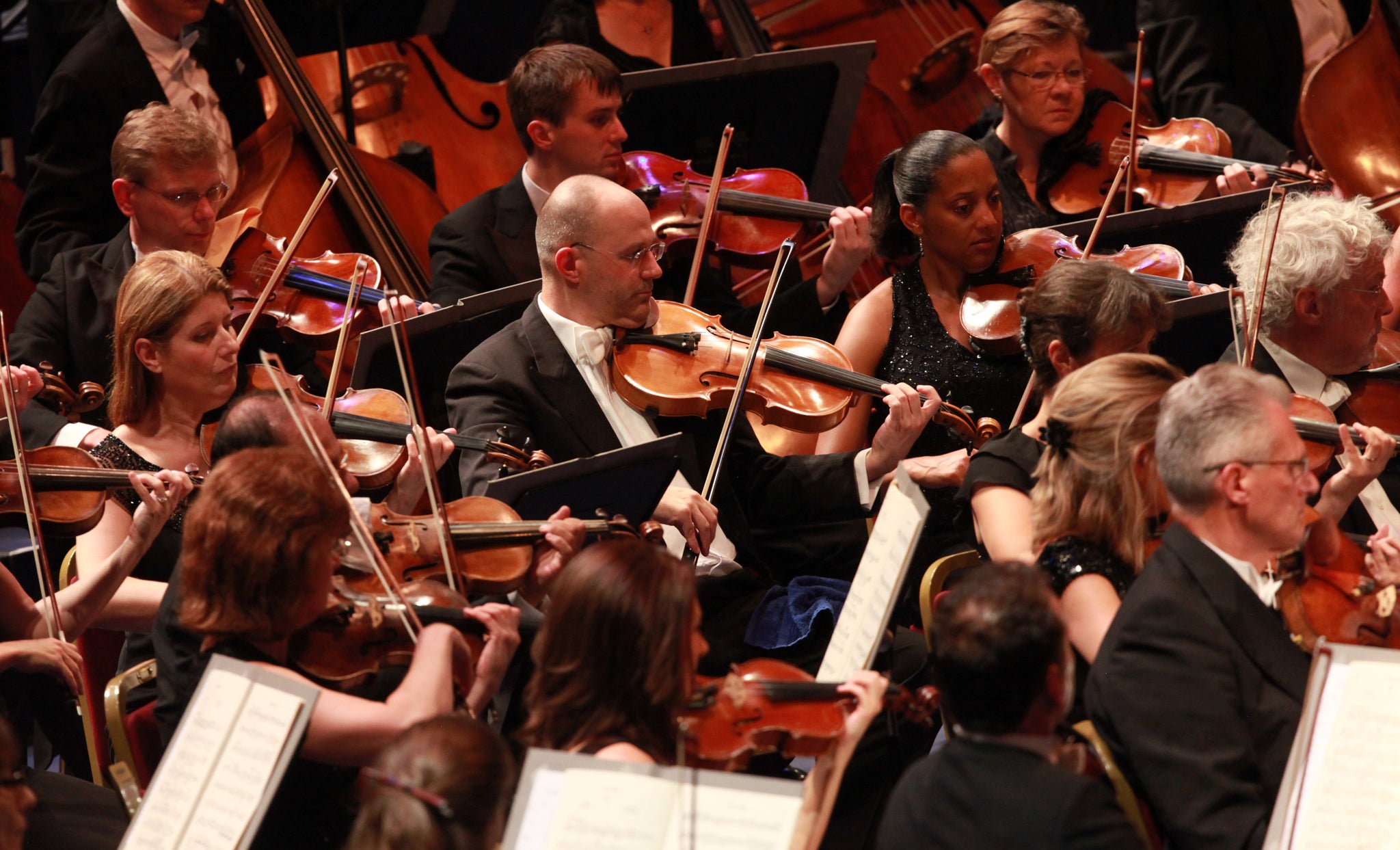
The evenings that would tempt me into the summertime tube to South Kensington this year are few, but quite special. They include, for starters, Monteverdi’s opera L’Orfeo conducted by Sir John Eliot Gardiner; the ever-glorious National Youth Orchestra of Great Britain; and a fabulous series of late-night solo Bach recitals by the violinist Alina Ibragimova, the pianist Sir András Schiff and the cellist Yo-Yo Ma.
Yet too many other programmes look like concerts you could attend anywhere, any time. Plenty are perfectly OK: no more, no less. Some feel bitty, dull or predictable. Others seem mismatched. New pieces of music are often paired, in that old-fashioned way, with crowd-pleasers, as if to soften the blow. Do enthusiasts for the challenges of Pierre Boulez and Luca Francesconi really want Holst’s The Planets – and vice-versa?
Enjoy unlimited access to 100 million ad-free songs and podcasts with Amazon Music
Sign up now for a 4 month free trial (3 months for non-Prime members)
Enjoy unlimited access to 100 million ad-free songs and podcasts with Amazon Music
Sign up now for a 4 month free trial (3 months for non-Prime members)
Further mixed messages abound in the contemporary-music sphere. All the concerts are liberally aired on BBC Radio 3 and iPlayer, and there’s a Proms app for digital devices. Some are on the TV. Yet certain new pieces that are filmed will be viewable online only. Perplexingly, the BBC commissions fresh works aplenty, only to shy away from televising them to a wide audience. Are they wary of scaring off the poor dear viewers? Just imagine how today’s composers must feel, being feted yet axed in the same shuddering breath.
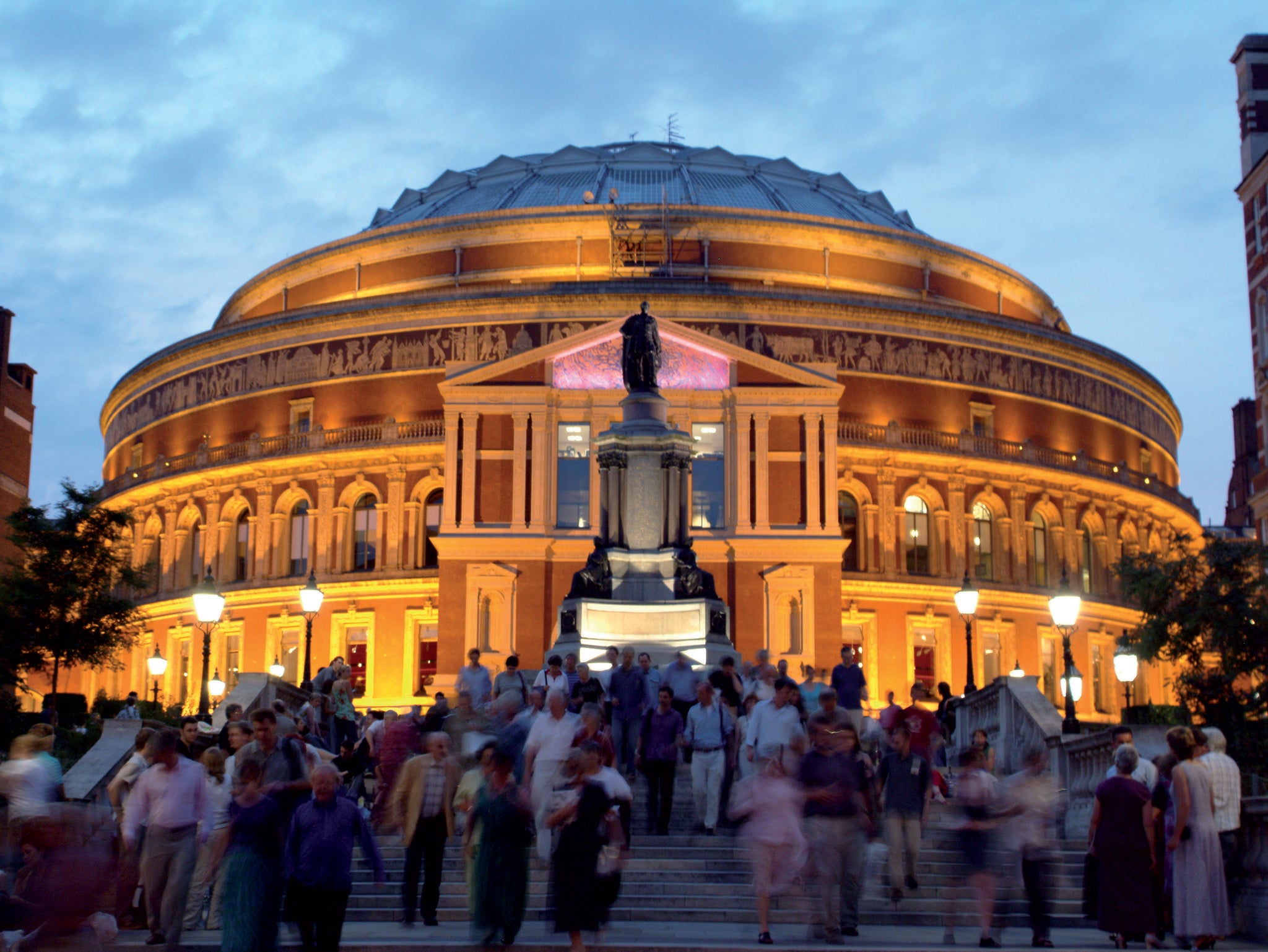
Nor are all the finest musicians necessarily being shown to best advantage. Take the nonpareil virtuoso pianist Marc-André Hamelin: he is playing Ravel’s compact Concerto for the Left Hand, a wonderful piece, but one which scarcely exploits his capabilities. The West-Eastern Divan Orchestra and Daniel Barenboim, too, could tackle something more rewarding than Tchaikovsky’s done-to-death Fourth Symphony. Then there’s Sibelius: a genius, of course, but another cycle of his symphonies in London so soon after Rattle’s with the Berlin Philharmonic about six months ago – a series also lavishly broadcast – seems to risk redundancy.
It has been noticed that children and the elderly might like attending performances on a Saturday afternoon, so a commendable provision has been made for weekend matinées. But, again, programming is weird: for instance, a chewy, all-contemporary programme with no interval doesn’t look like prime-time for many three-generational family outings.
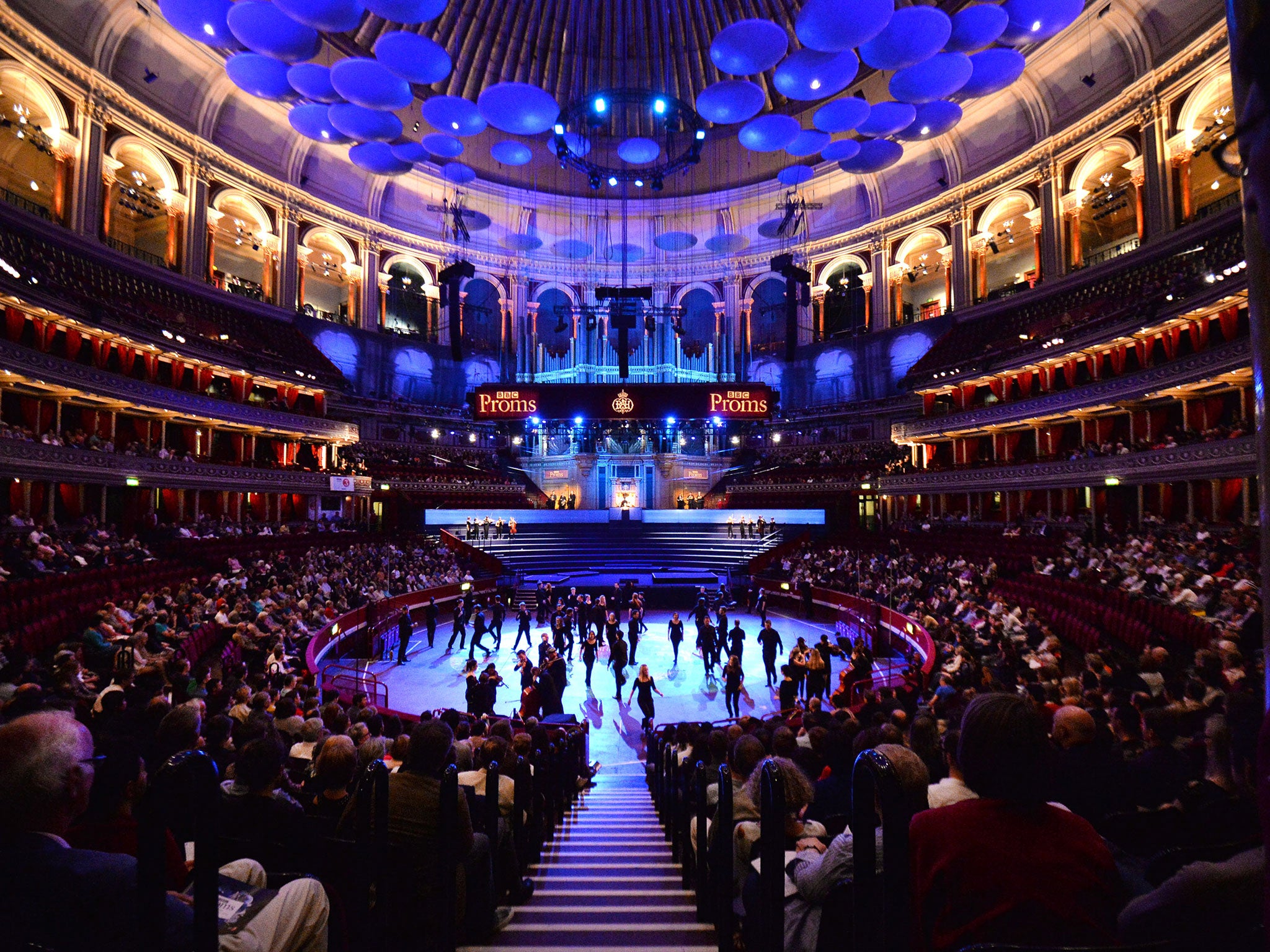
First-timers at the Proms may benefit from the plentiful crowd-pleasers elsewhere, though. The Royal Albert Hall is an ideal setting for big choral works; the first night features William Walton’s roof-raising oratorio Belshazzar’s Feast and further concerts include Verdi’s Requiem and Elgar’s The Dream of Gerontius (conducted by Rattle); all excellent for a first try. The Life Story Prom featuring Sir David Attenborough, and a Sherlock Holmes one – including music from Sherlock, but not Benedict Cumberbatch – also seem designed to extend the reach, though could feel like the BBC blowing a noisy trumpet for its own brand.
It feels, overall, as if there has been a contraction of ambition. The way composers’ birthdays and death-days pan out is nobody’s fault – but you don’t need anniversaries to fuel genuinely exciting programming.
Recently I switched on Newsnight, only to find myself watching a report on what men wear in hot weather. Newsnight used to be the BBC’s premier programme for tough political grilling. Let’s hope that the Proms do not go any further towards becoming a musical symptom of this timid march towards broadcasting blancmange.
The Proms should be the best BBC advert ever invented. It displays a national broadcaster fulfilling the aim of entertaining, educating and inspiring – by bringing high-quality music-making to the largest possible number of people. I hope the programming in future will take a cue from the grand-scale thinking that proved, during the first half of this bumpy decade, that the Proms at their finest can and should do much more than tick the right boxes.
The Proms open at the Royal Albert Hall, London SW7, on 17 July. Box office: 0845 401 5040
Join our commenting forum
Join thought-provoking conversations, follow other Independent readers and see their replies
Comments